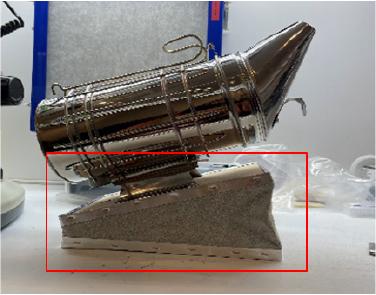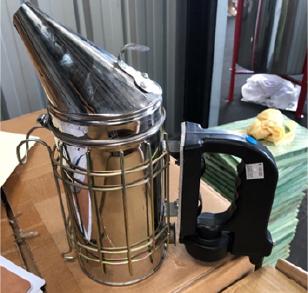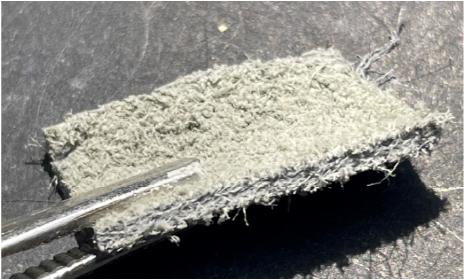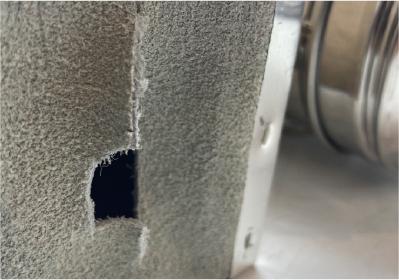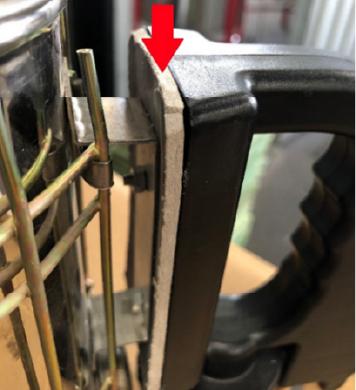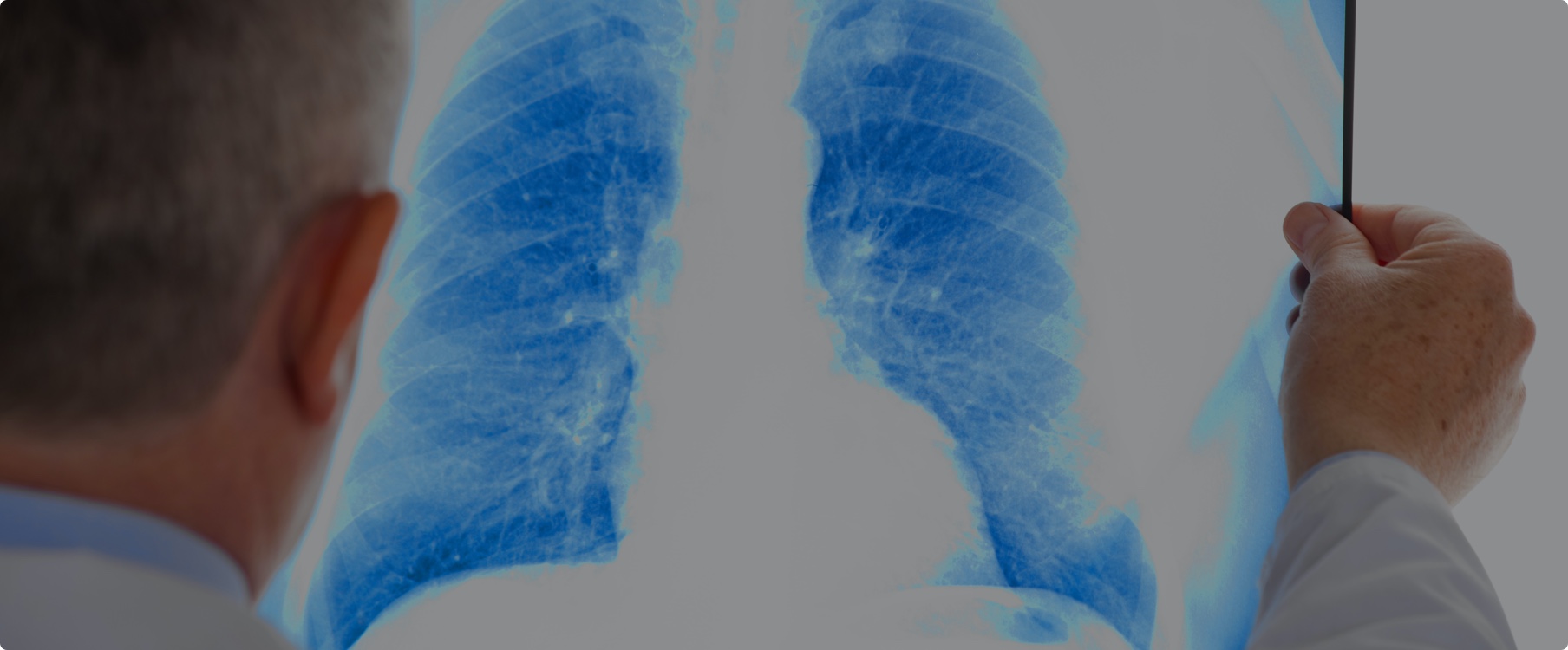Alert: Asbestos in Manual and Battery-Operated Bee Smokers - February 2022
Purpose
This safety alert provides information about asbestos in components of imported Bee Smokers (also known as smokepots). The risk is not limited to a single manufacturer or brand.
Background
Two types of bee smokers are advertised to the Australian market: battery-powered electric and manual smokers. The manual model requires manual force by squeezing a bellows. The electric model has a small motor and fan contained within an attached handle.
The Heads of Workplace Safety Authorities previously issued a national safety alert for asbestos detected in the insulation component of imported battery-powered electric bee smokers. Chrysotile asbestos has also been detected in the bellows of some manual bee smokers at the border, imported from China.
Product description
Affected parts: Manual bee smokers. The bellows of some may be constructed with a woven cloth-like material which includes a high concentration of asbestos.
Images courtesy of Agon Environmental
Note: Not all models of manual smokers contain asbestos in the bellows. Some are constructed with leather, plastic or other material. Buyers, however, should exercise caution and check with the retailer or supplier as to exactly what the material is.
Affected parts: Electric bee smokers. An insulation board situated between the handle and the canister, made with bonded asbestos.
Various makes and models, all of a similar nature, are advertised in online shopping websites by sellers based outside Australia and are cheaply obtained. Consumers and commercial importers are advised to avoid suppliers of these products.
Identical models to these may also be available from countries with asbestos bans in place. The smokers, however, may have been constructed from components imported to those countries. The country the goods are imported from may not necessarily be the origin for all components. If the bellows material looks the same, it probably is.
Asbestos in imported products
In Australia, the importation, manufacture, supply, sale and use or reuse of asbestos and asbestos-containing products is not permitted, except under very limited circumstances. However, some countries around the world continue to manufacture and supply asbestos-containing products and materials. In addition, some supplier countries may classify goods with low levels of asbestos as ‘asbestos-free’ or ‘non-asbestos’. Sourcing apparent non-asbestos products from manufacturers that also make asbestos products is a risk for importers because under Australian law any level of asbestos is prohibited for import or use.
Risk control
Consult an asbestos professional. Do not deconstruct the suspect component without professional advice. Damaging the structure of the components may release asbestos fibres into the air.
Action required
- Importers must ensure they do not import asbestos into Australia. Varying definitions and standards may apply in the country of origin and/or supply. Importers should ensure they receive adequate evidence of non-asbestos materials used by the manufacturer. A declaration of no asbestos from the overseas supplier, on its own, is not evidence.
- When a risk is identified at the border, the ABF will require assurance from the importer, in the form of documentary evidence, that the goods do not contain asbestos. A test report from a NATA accredited laboratory (or equivalent international laboratory) showing no detectable asbestos is the best form of assurance. If adequate assurance is not provided, importers will face delays and be responsible for costs incurred when the goods are held at the border for the purposes of sampling and testing. See the ABF website for further information about importing goods of risk for asbestos.
- If a consumer wishes to dispose of equipment they believe may contain asbestos, they should take it to a licensed facility that handles asbestos waste. Further information on the disposal of asbestos waste may be obtained from local government authorities, the relevant environmental protection authority or waste disposal authority in your state or territory.
Where do I get advice?
If unsure what to do, contact your State/Territory/Commonwealth WHS regulator:
| Jurisdiction | Regulator | Contact details | Website |
|---|---|---|---|
| Commonwealth | Comcare | 1300 366 979 | https://www.comcare.gov.au/ |
| QLD | Workplace Health and Safety Qld | 1300 362 128 | https://www.worksafe.qld.gov.au/ |
| QLD | QLD Gov Asbestos page | 13 74 68 | https://www.asbestos.qld.gov.au/ |
| ACT | WorkSafe ACT | 02 6207 3000 | https://www.worksafe.act.gov.au/ |
| ACT | Asbestos – WorkSafe ACT | 13 22 81 | Asbestos - WorkSafe ACT |
| NSW | SafeWork NSW | 13 10 50 | https://www.safework.nsw.gov.au/ |
| NSW | NSW Gov Asbestos page | 13 10 50 | https://www.asbestos.nsw.gov.au/ |
| NT | WorkSafe NT | 1800 019 115 | https://worksafe.nt.gov.au/ |
| NT | NT Gov Asbestos page | 1800 019 115 | https://asbestos.nt.gov.au/ |
| SA | SafeWork SA | 1300 365 255 | www.safework.sa.gov.au/ |
| SA | SA Gov Asbestos page | 1300 365 255 | https://www.asbestos.sa.gov.au/ |
| TAS | WorkSafe TAS | 1300 366 322 | https://www.worksafe.tas.gov.au/ |
| VIC | WorkSafe VIC | 1800 136 089 | https://www.worksafe.vic.gov.au/ |
| VIC | Vic Gov Asbestos page | 1800 136 089 | https://www.asbestos.vic.gov.au/ |
| WA | WorkSafe WA | 1300 307 877 | https://www.commerce.wa.gov.au/WorkSafe |
| NZ | WorkSafe NZ | +64 0800 030 040 | https://www.worksafe.govt.nz/ |
This Alert has been developed by the Heads of Workplace Safety Authorities (HWSA) Imported Materials with Asbestos Working Group, whose membership comprises representatives from: Australian Border Force, Asbestos Safety and Eradication Agency, Attorney General’s Department, Australian Competition & Consumer Commission, New Zealand Customs Service, Comcare, Safe Work Australia, SafeWork NSW, SafeWork SA, NT WorkSafe, Workplace Health and Safety Queensland, WorkSafe ACT, WorkSafe Tasmania, WorkSafe Victoria and WorkSafe WA, WorkSafe NZ.

